The “Peter Principle”, where people are promoted until they are proved incompetent, is infamous in management. While less discussed in the military, such promotions are disastrous there, costing thousands of lives and the fate of nations. In the 19th century, this became a particularly large problem, thanks to growing armies combined with nepotism and the ever-accelerating rate of change in warfare.
Here are some of the men who exemplified over-promotion.
Joseph Hooker
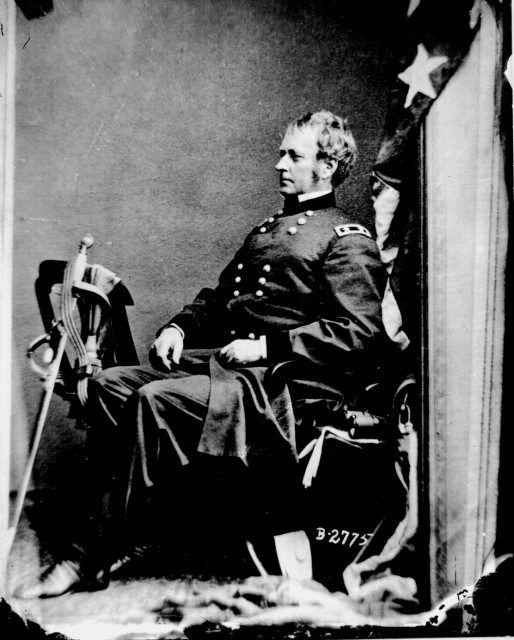
Though he proved capable at other times in the war, General Hooker’s promotion to command of the Union Army of the Potomac proved disastrous for the men serving under him.
Hooker developed a plan of campaign that was elegant on paper but ineffective in practice. Brigadier General Stoneman’s cavalry raid, a vital part of the plan, was not pursued with the necessary vigour. An initially successful flanking march was countered by Stonewall Jackson.
Losing his nerve, Hooker retreated to Chancellorsville, where the far bolder General Lee outmanoeuvred him. Badly shaken by a close encounter with a cannon ball, Hooker refused to hand over command to other men, even as his command decisions deteriorated. Chancellorsville was a disaster for the Union, defeated by an army less than half the size of theirs. Hooker lost command of the Army of the Potomac but remained a general throughout the war.
Redvers Buller
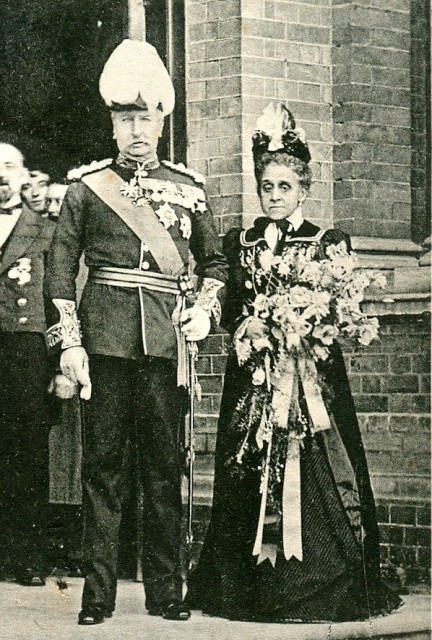
Unfortunately for Buller, he was promoted for his efforts, returning to South Africa as a general in the Second Boer War.
Buller had already shown his poor sense of priorities. During training manoeuvres, he refused to continue past 5 pm so as not to affect his officers’ social lives and ordered men not to damage their uniforms by diving into cover. In the face of the Boers, it became clear that he also lacked tactical acumen or the ability to manage other generals. Men became lost on marches. Hundreds were left behind after not being told about a retreat. None of the lessons of the First Boer War were put into practice, as Buller tried to maintain a traditional style of gentlemanly warfare against a far more pragmatic opponent.
The campaign was such a fiasco that he earned himself the nickname Sir Reverse Buller.
Ludwig von Benedek
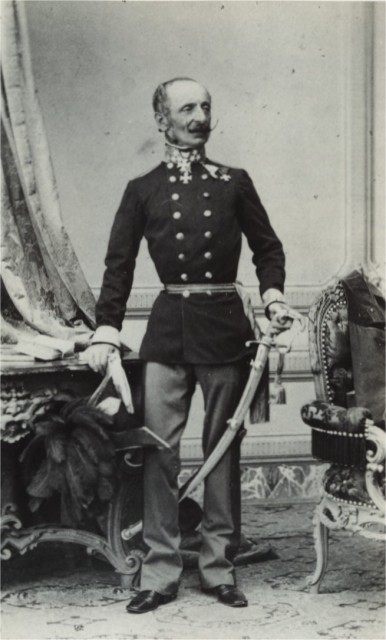
When war broke out with Prussia in 1866, Benedek was made commander of the Austrian Northern Army. At that point, his most notable achievement had been a successful retreat in the face of the French seven years earlier. An actual victory was to prove beyond his capability as a general.
To Benedek’s credit, he knew that he was not the man for the job. He had previously turned the command down several times, on the basis that he knew neither the enemy nor the region he would be fighting in. But in his nation’s hour of need, he reluctantly took command against Europe’s fastest rising military power.
Achille Bazaine
Benedek was not the only officer whose weakness was exposed in the face of the Prussians. François Achille Bazaine had risen from the rank of Fusilier to Marshal of France in a career marked by calm under fire and leadership from the front. Sadly these qualities did not make a strategically minded commander, or in Bazaine’s case one his country could depend upon.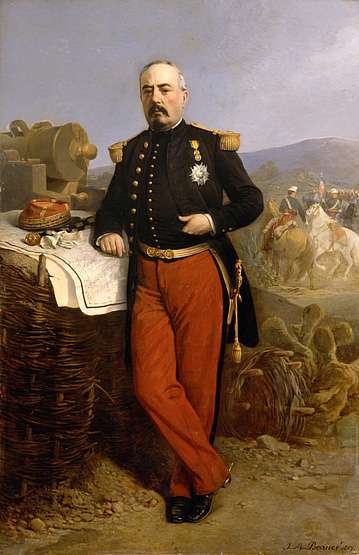
The Duke of Cambridge
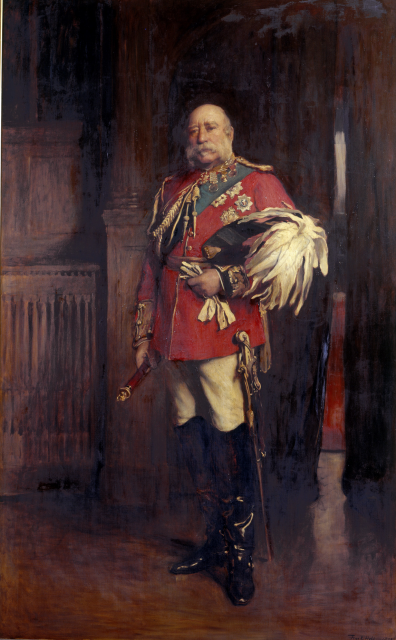
Prince George, the Duke of Cambridge and a cousin of Queen Victoria, was commander-in-chief of the British army from 1856 until 1895. Elderly and conservative to the point of incompetence, the Duke opposed reform in an era when wars in Europe and America were proving the importance of modern technology.
Such was the Duke of Cambridge’s resistance to change that he showed hostility toward any officer who took the terrible step of studying the art of command. Thanks to his influence, by the end of the century 50 times as much military literature was written in German as it was in English, leaving Britain’s army at an intellectual disadvantage. But with his royal blood and powerful connections, no-one was going to remove the Duke from his post.

Δεν υπάρχουν σχόλια:
Δημοσίευση σχολίου